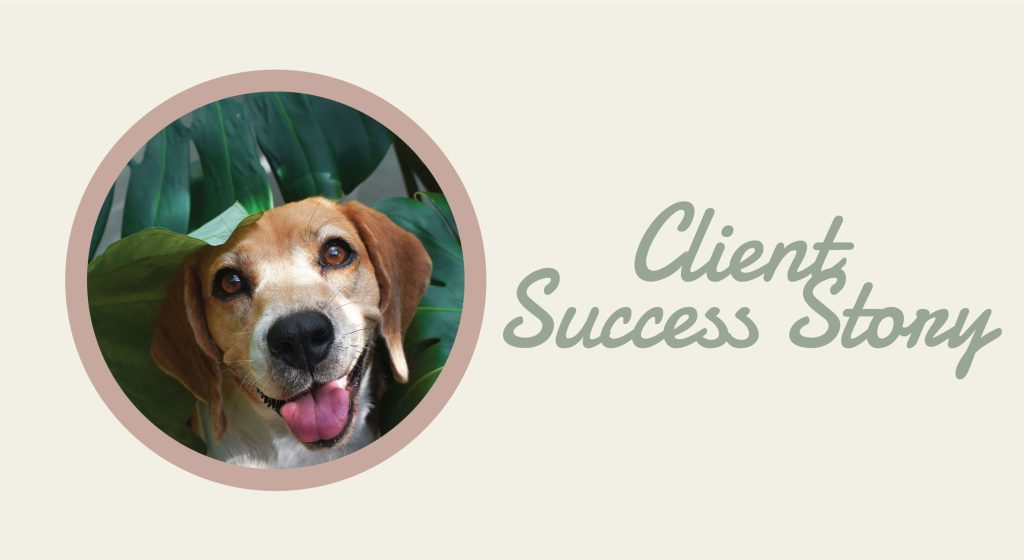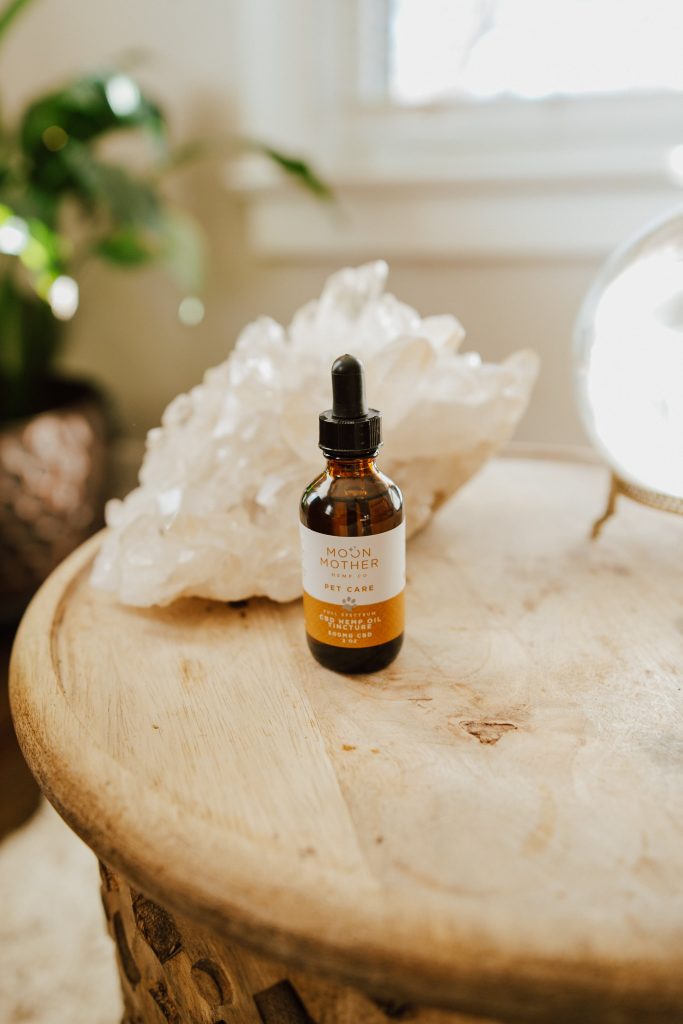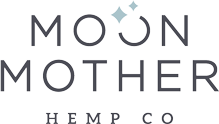Like many, I’ve been thinking more about self-care this past year.
Between the global pandemic, an election and perhaps the most important period yet for the Black Lives Matter movement, 2020 has been a year more demanding of our time, energy and spirit than we’ve even been able to get our minds around yet.
So how do we love ourselves in 2021?
Depending on who you are and where you come from, the term “self-care” can mean any number of things. Since its birth in and around the 1950s, the self-care movement has grown and evolved. Today the idea of “self-care” is equally at home among trauma therapists as it is among social activists, spiritual gurus, and beauty influencers.
But the idea of self-care is older and deeper than today’s plethora of yoga retreats and sheet masks might suggest.
In his 1976 book “The Care of the Self” French philosopher Michel Foucault echoed Socrates’ belief that self-care should be a practice that helps us to care for others. He believed that self-care constitutes lifelong work on one’s body, mind, and soul, in order to better relate to other people and live an ethically-driven life. And in fact, the self-care movement found its early identity in this very sentiment.
During the 1950s the term self-care was first coined by doctors who wanted to encourage autonomy and feelings of self-worth among long-term institutionalized patients. But the idea soon expanded into psychology, and in the 1960s academics began exploring techniques (a healthy diet, exercise, and meditation, for example) that could be used by professionals like therapists, EMTs, social workers, firefighters and others who had to deal with repeated exposure to pain and trauma as part of the daily work life.
The meaning of self-care deepened when it became an integral part of the civil rights and women’s liberation movements. Martin Luther King Jr. observed that “of all the forms of inequality, injustice in health is the most shocking and inhuman,” and in the early 1970s health-care reform became a foundational issue for the Black Panther Party.
They promoted self-care as not only an essential way for Black people to stay resilient in the fight against systemic and medical racism, but in gaining agency over individual health and survival. And so self-care began to take on important political undertones. In her 1988 book “A Burst of Light,” Black and lesbian activist Audre Lorde famously proclaimed that “caring for myself is not self-indulgence, it is self-preservation, and that is an act of political warfare.”
This core desire for agency over one’s own health soon spread from the political activism fringes and into the mainstream, where it was fueled by a disappointment with the failure of Western medicine to treat many illnesses and conditions or address the full needs of patients.
Initially, this new idea called “wellness” was regarded with a lot of skepticism and even disdain. But it was here that we found what has been perhaps the most enduring concept of self-care: that our own minds, bodies, and nature hold the keys to optimizing health and happiness.
More recently, the self-care movement moved into a new echelon of mainstream awareness and popularity after the 2016 election. Google searches for self-care doubled. The New York Times reported over 1 million #selfcare posts on Instagram after the election. Fast forward to May 2019, and Local Love reported that there were 15 million. When I checked recently (December 2020) there were close to 40 million.
It’s not surprising that in the face of a global pandemic, political uncertainty and deepening racial fissures here in the US, self-care is being used more and more as a way of dealing with open-ended anxiety, fear and frustration. In a world that has become an absolutely over-the-top overwhelming place, self-care has taken on a decidedly more escapist vibe.
Luxe self-care is a new way of disengaging. In fact, most of the self-care Instagram posts I saw were aimed at some form of luxury consumption. But this kind self-care isn’t accessible to everyone. As millions struggle with the economic impacts of COVID, they cannot spare the time or money for today’s self-care solutions.
Another problem with the focus on consumption for filling the self-care hole is that products and services are often only a temporary solution. Sure, a bubble bath or mani/pedi might feel good while they are happening, but what to do once it’s over? Sometimes indulgence will do little more than provide brief respite from a bigger problem that needs a better solution.
Self-care is, of course, about taking care of oneself and I am a huge proponent for a solid self-care game. Like so many, I also struggle with feeling that self-care can be selfish. I try to be mindful of conditioning that often results in me putting the needs of others before my own, and grant myself the grace to love me first.
But honoring the history of self-care can also help inform and deepen the meaning of our own self-care practices. We can take care of ourselves so that we ourselves are healthy and happy. We can take care of ourselves so that we may better show up in the world. And, we can take care of ourselves so that we can take care of others. Because without this balance self-care can, and often does, become a selfish and in many ways self-defeating act.
The philosophical definition of “holistic” from the Oxford dictionary is:
“characterized by comprehension of the parts of something as intimately interconnected and explicable only by reference to the whole.”
Each one of us is intimately interconnected, and explicable only by reference to the social fabric into which we are woven. And so for me, 2021 will mean looking at self-care in a truly holistic way. It will be about tuning in to the things that provide my physical and emotional body with what it needs to thrive. But it will also be about recognizing that we live in a complex web of interdependence. I want to honor the positive feedback loop that’s created when I care for myself and then others, because that is also ultimately caring for myself, too.
If nothing else, this last year has rather brutally and beautifully exposed the interconnectedness of human life on this planet. May 2021 be a time for us to show up not just for ourselves but for our loved ones and all members of our communities, and to practice truly holistic self-care.
—
Lauren M. Wilson is a cannabis and hemp educator and the author of three books on the health and wellness benefits of CBD. Her most recent, The CBD Solution: Wellness, just hit the shelves. Her next, The CBD Solution: Living, will be out on March 30,2021.





